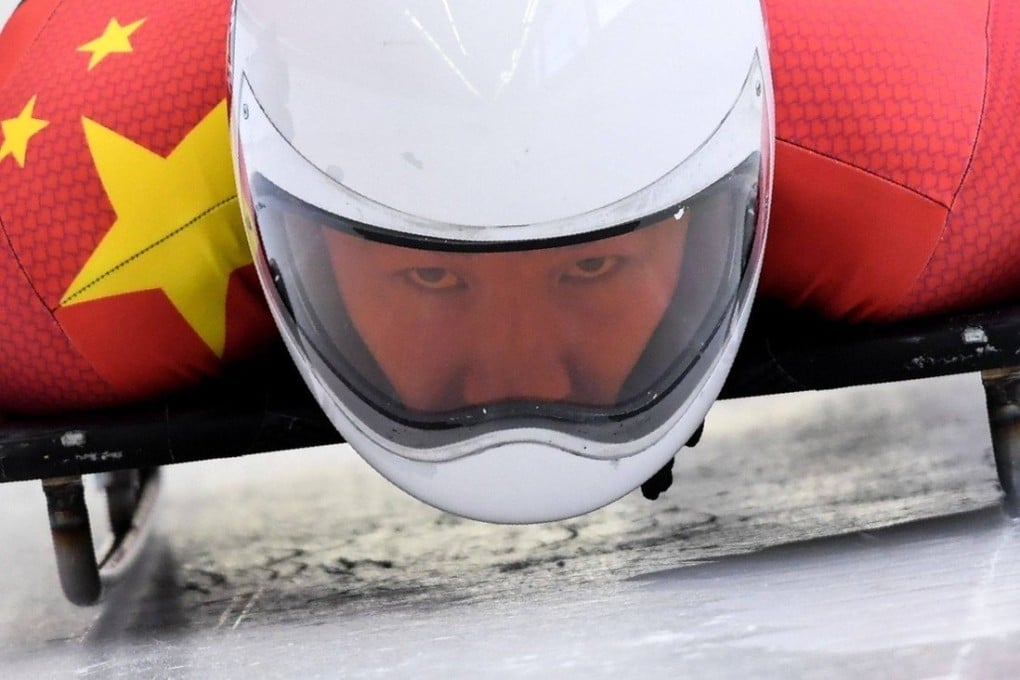Profile | Winter Olympics: Geng Wenqiang, the skeleton World Cup champion whose shock Beijing 2022 omission required a Chinese government explanation
- Inner Mongolia native was convinced to quit promising long jump career, and won China’s first skeleton World Cup gold just seven years later
- Despite putting China on the skeleton map, Geng failed to fulfil his ‘Beijing dream’ after internal selection process which left fans baffled

Instead, teammates Yan Wengang and Chen Wenhao took up China’s two men’s skeleton spots. Though the pair are among the mainland’s best, Yan and Chen finished eighth and 12th, respectively, in the same event Geng won his historic gold.
But what was the reason for the shock omission? Officials reportedly said it was the 26-year-old’s “suitability” for the Beijing course after holding internal Olympic trials last month.
Some Chinese netizens think otherwise, with questions raised over the “politics” of the Olympics selection process.

Here’s what you need to know about Inner Mongolia native Geng, who in the span of seven years was convinced to abandon his fledgling long jump career, finished 13th on his Olympic debut at the Pyeongchang Games, and won a world title, before having the rug pulled out from underneath him.